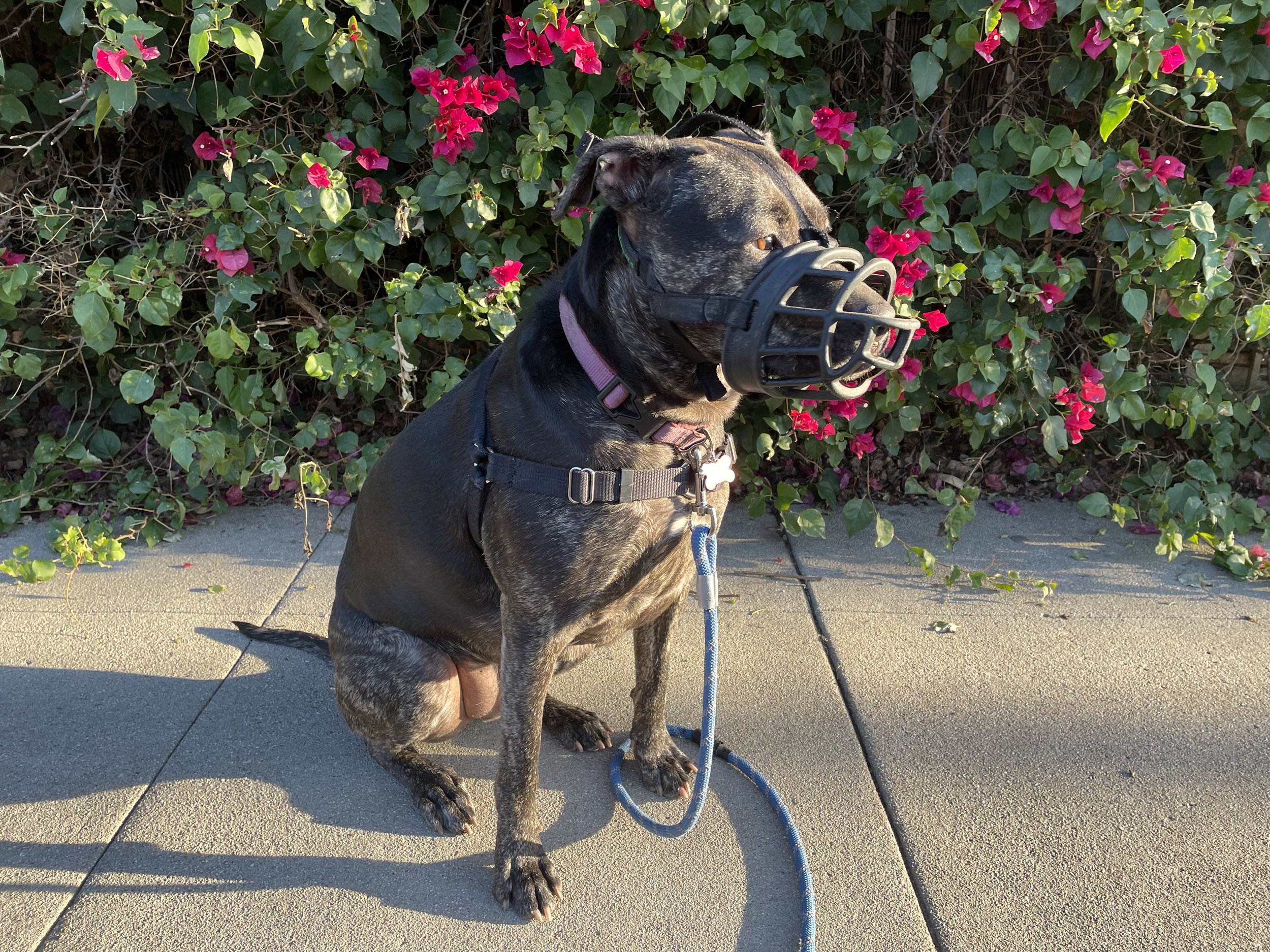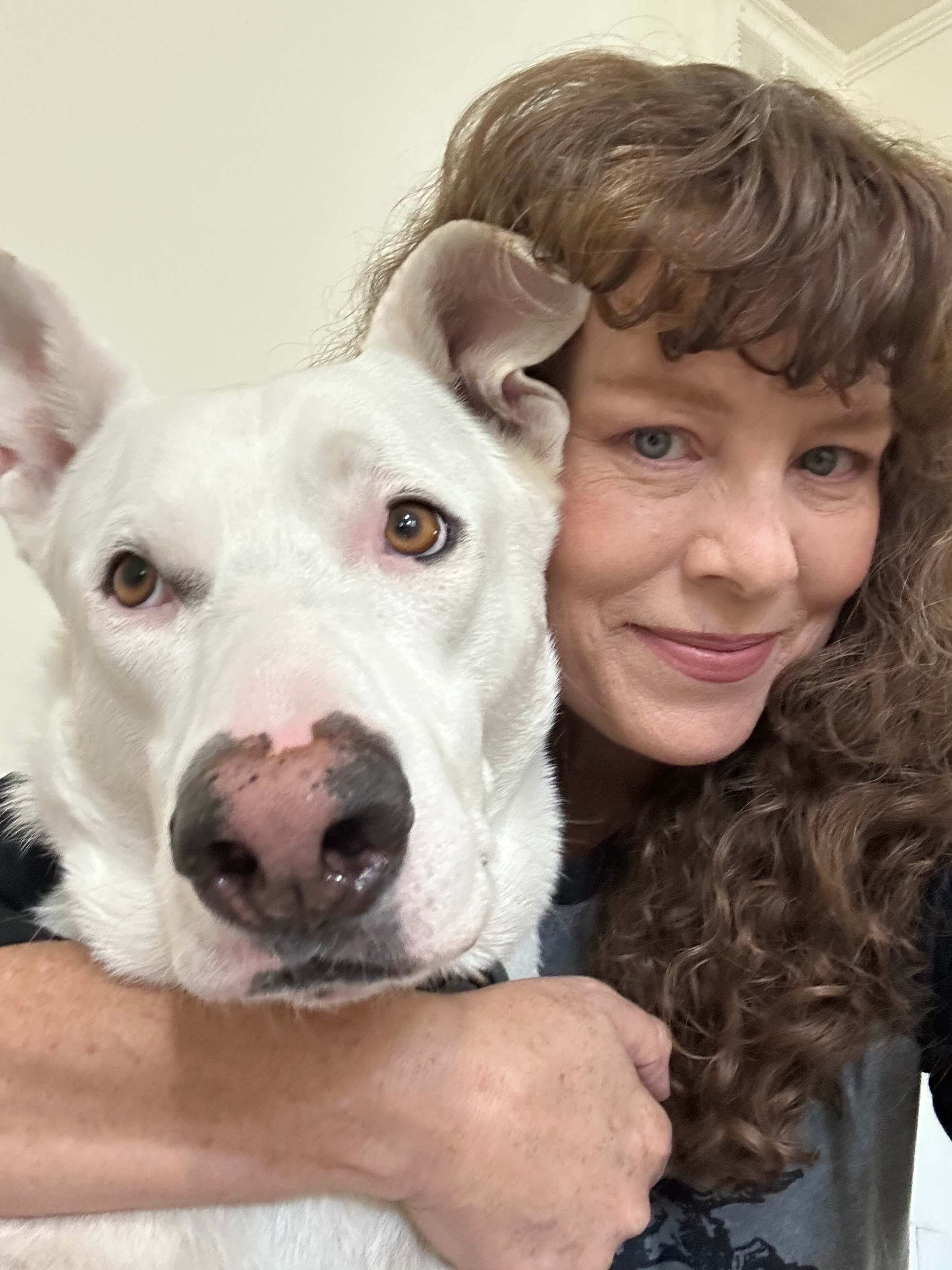
Aggressive Dog Training in Salt Lake City & Online
We use compassionate methods of training to help dogs struggling with territorial aggression, resource guarding, and dog and people aggression.
Is Your Dog Showing Aggression Toward People or Other Dogs?
We serve pet parents in Salt Lake City, Utah, & online anywhere.
Dog aggression toward humans or other dogs is often rooted in fear, anxiety, frustration, possessiveness, or even pain. A certified dog trainer can assess the cause and create a positive, science-based training plan to reduce aggressive behavior and build calmer, safer interactions.
Although dogs are non-conflict-oriented creatures, various factors can trigger aggressive behavior:
Most aggression results from a dog’s primal mind states being activated, indicating underlying feelings of fear, frustration, possessiveness, or competitiveness.
Aggression can be predatory since all dogs are biologically designed to hunt.
Older dogs or sick dogs may respond aggressively if they feel grumpy or in pain.
Dogs that lack confidence or haven’t been socialized properly will show signs of fear or aggression around any novel stimulus, meaning that anything new or unfamiliar may provoke the behavior.
Whatever the reason, when aggression does surface, it's a sign that a dog is in a primal or predatory state of mind, and understanding this is part of learning how to change their behavior.
If your dog has started showing aggressive behaviors, we’re here to help. Our compassionate, science-based training methods combined with effective behavior management plans can transform how your dog responds to challenging situations.
👉 Ready to address your dog’s aggression? Book a consultation or an online intro session today to get a customized dog aggression training plan tailored to your dog’s needs. Click one of the links below to get started.
Dog Aggression Has Different Root Causes
Resource Guarding
Dogs that guard food, toys, spaces, or even people are known as resource guarders. These dogs may growl, stiffen, or show other threat displays when someone approaches their food bowl, tries to take away a favorite toy or chew, or even when another person or dog gets too close to their owner.
While resource guarding is a natural survival instinct that would serve a dog well in the wild, it can cause serious challenges in a home environment—especially if your dog begins guarding prized items or spaces like the bed or couch from you or your partner.
The good news? This behavior can be changed. Using science-based training methods and a well-structured behavior management plan, it’s entirely possible to help your dog feel more relaxed and less possessive around valued resources.
People or Dog Aggression
The socialization window for puppies—when they are most open to accepting new stimuli as safe and non-threatening—is brief, typically between 3 to 16 weeks of age. During this critical period, positive exposure to a wide variety of people, animals, environments, sounds, and handling helps shape a dog’s confidence and emotional resilience.
A dog that hasn’t been properly socialized during this time may view anything unfamiliar as a potential threat. As a result, they may respond with fearful behaviors (such as hiding, cowering, or trying to escape) or aggressive behaviors (like growling, barking, lunging, or even biting) when faced with the “unknown.”
It’s important to understand that in many cases, aggression is rooted in fear or uncertainty, not defiance or dominance. Recognizing that your dog is reacting out of concern—and not malice—is the first step toward helping them.
Territorial Aggression
If your dog barks a lot and gets upset when the mailman comes or when guests enter the home, they have a highly developed feeling of protectiveness about their "den" and are making attempts to ward off the "intruders."
Understanding your dog's possessive feelings and desire to protect their den—along with teaching them to distinguish between real threats and harmless visitors—is key to turning this behavior around.
That’s because your positive or negative response informs your dog about how to feel and plays a big role in how your dog responds to these situations.
When you remain calm, confident, and neutral, your dog is more likely to take your lead and begin to relax as well.
Did Your Dog Bite Someone?
Get a Free Consultation
Call us now at (801) 349-0911 or use the form to schedule a free consultation with Alexandra Bassett, Founder & Head Dog Trainer at Dog Savvy.








